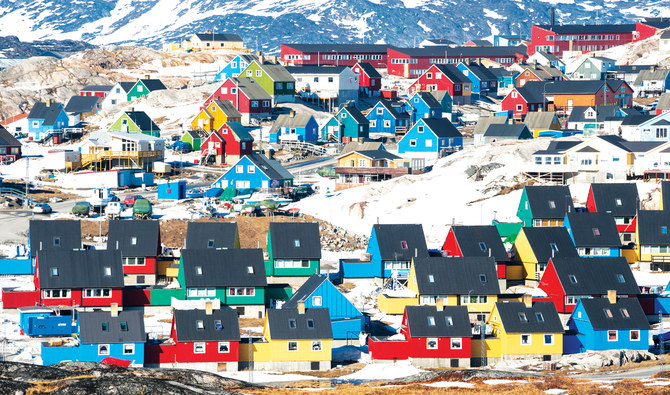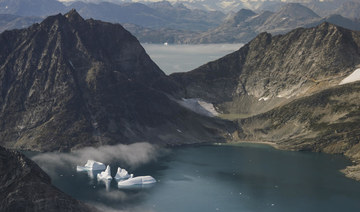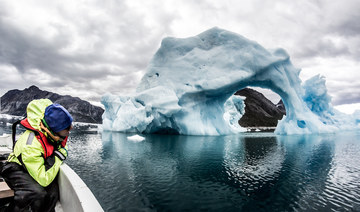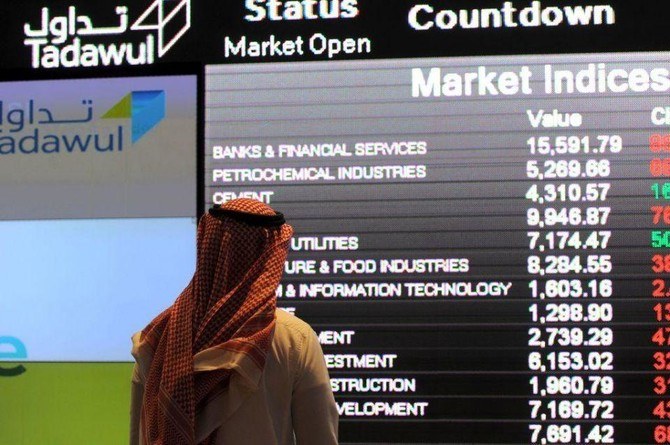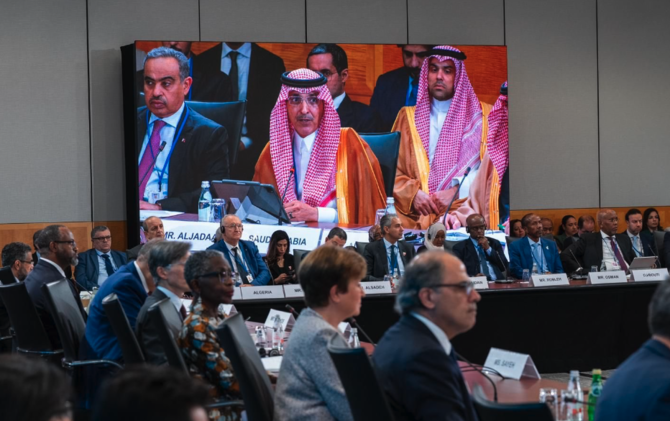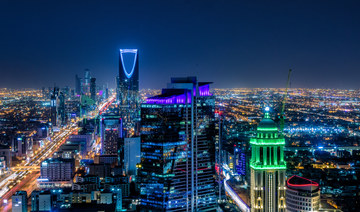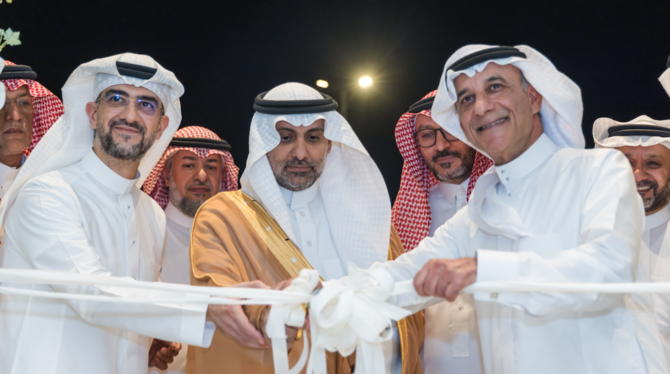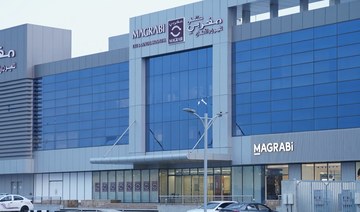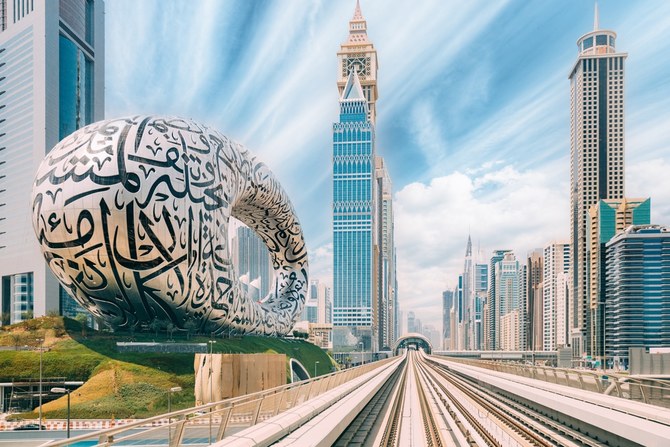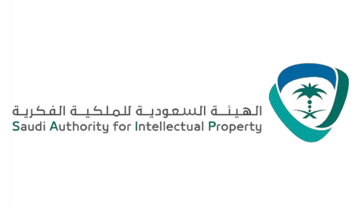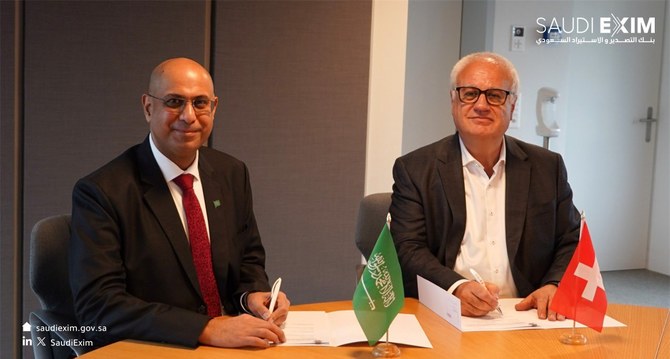WASHINGTON: President Donald Trump’s reported wish to buy Greenland may have been rejected by Denmark, but it underscores the rising value of the massive, ice-covered island due to global warming and to China’s drive for an Arctic presence.
The accelerating polar ice melt has left sparsely populated Greenland, a self-governing part of Denmark, astride what are potentially major shipping routes and in the crosshairs of intensifying competition between superpowers.
It also has oil, minerals and valuable rare earth elements that China, the US and other major tech economies covet.
A Chinese government-backed group’s offer last year to build three new international airports on Greenland sparked alarms in Copenhagen and Washington.
The Chinese plan was finally dropped in exchange for Danish funding and a pledge of support from the Pentagon.
Trump’s idea to buy Greenland, reported by the Wall Street Journal on Friday, “is not a serious proposal,” said Heather Conley, a specialist at the Center for Strategic and International Studies in Washington. But “the administration has awoken to the Arctic as a geostrategic issue,” she said.
FASTFACT
In January 2018, Beijing unveiled its ‘Polar Silk Road’ strategy to extend its economic footprint through the Arctic.
Greenland has been essential to US defense since World War II when it was a base for monitoring Nazi ships and submarines passing through the “Arctic Avenue,” the sea gateway to the north Atlantic.
Conley said that after the Cold War ebbed in the 1990s, Washington stopped thinking about the Arctic.
Yet as the polar ice sheet began to shrink, the Russians became more active and China has moved to establish itself in the region.
US Secretary of State Mike Pompeo underscored the revived US interest in a speech in Finland in May when he slammed China and Russia for “aggressive behavior” in the Arctic.
“The region has become an arena of global power and competition” owing to vast reserves of oil, gas, minerals and fish stocks, he warned.
“Just because the Arctic is a place of wilderness does not mean it should become a place of lawlessness,” he said.
But Washington has not taken many concrete actions, Conley said. Pompeo only offered that the State Department would position a diplomat in Greenland’s capital Nuuk for six months of the year.
“The rhetoric and the reaction — there is a very big gap,” she said.
With no geographical claim to the region, but whose massive commercial shipping industry would benefit from new polar routes as the ice melts, China is the newcomer whose presence could shift the balance.
It began sending scientific missions in 2004. In the past several years, a Chinese company has gained mining rights for rare earths, partnering with an Australian company in the Kvanefjeld project.
In January 2018, Beijing unveiled its “Polar Silk Road” strategy to extend its economic footprint through the Arctic.
To gain favor in Nuuk, the Chinese have wined and dined government officials, said Coffey.
“China’s role in the Arctic has been more about expanding its economic influence, soft power,” said Coffey. “Ice melting is part of the interest, it is opening up new economic opportunities, but it’s also opening up challenges. The US is aware of that.”
In a sign of Washington’s rekindled interest, US President Donald Trump will go to Denmark in September, and Vice President Mike Pence will visit Iceland.



